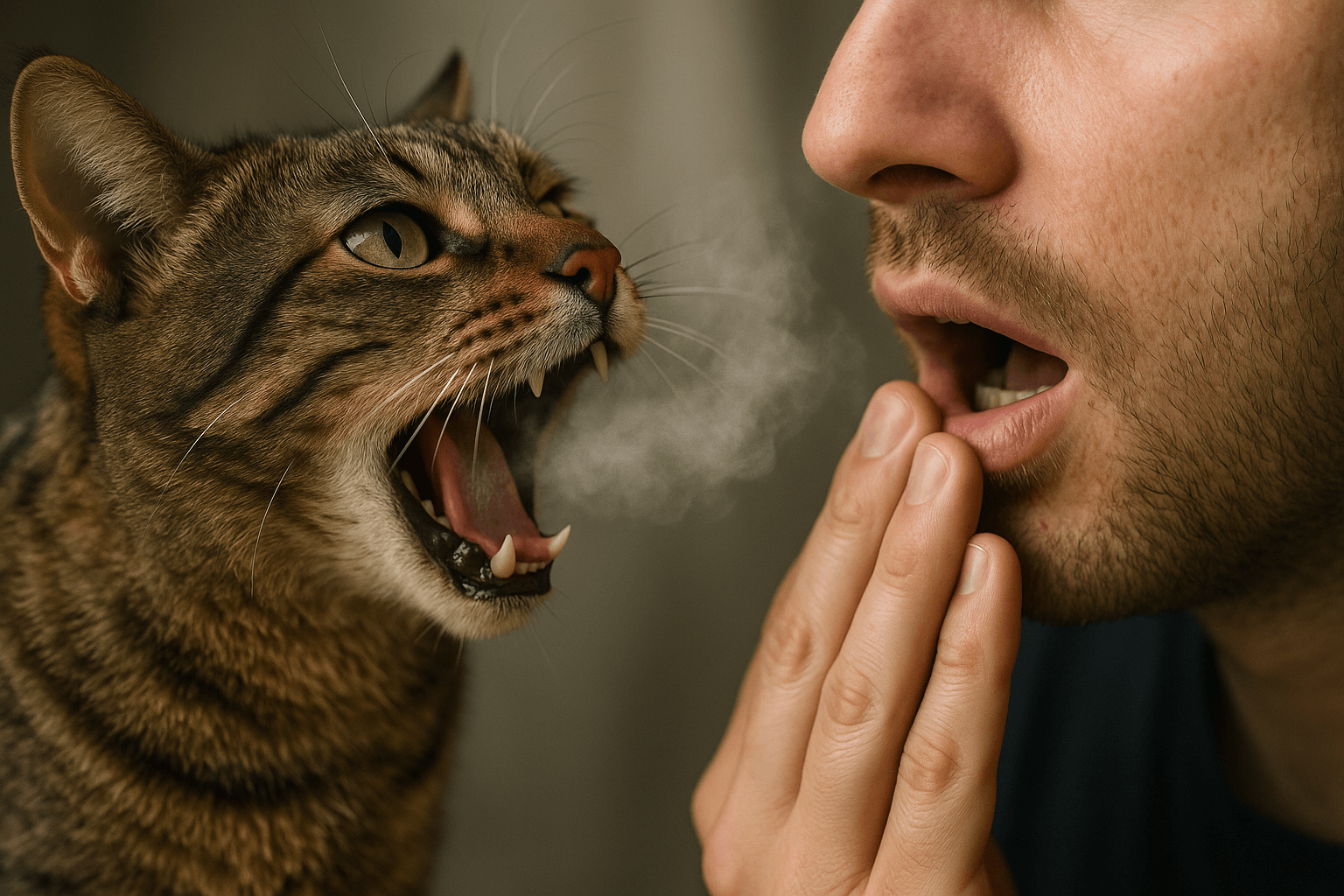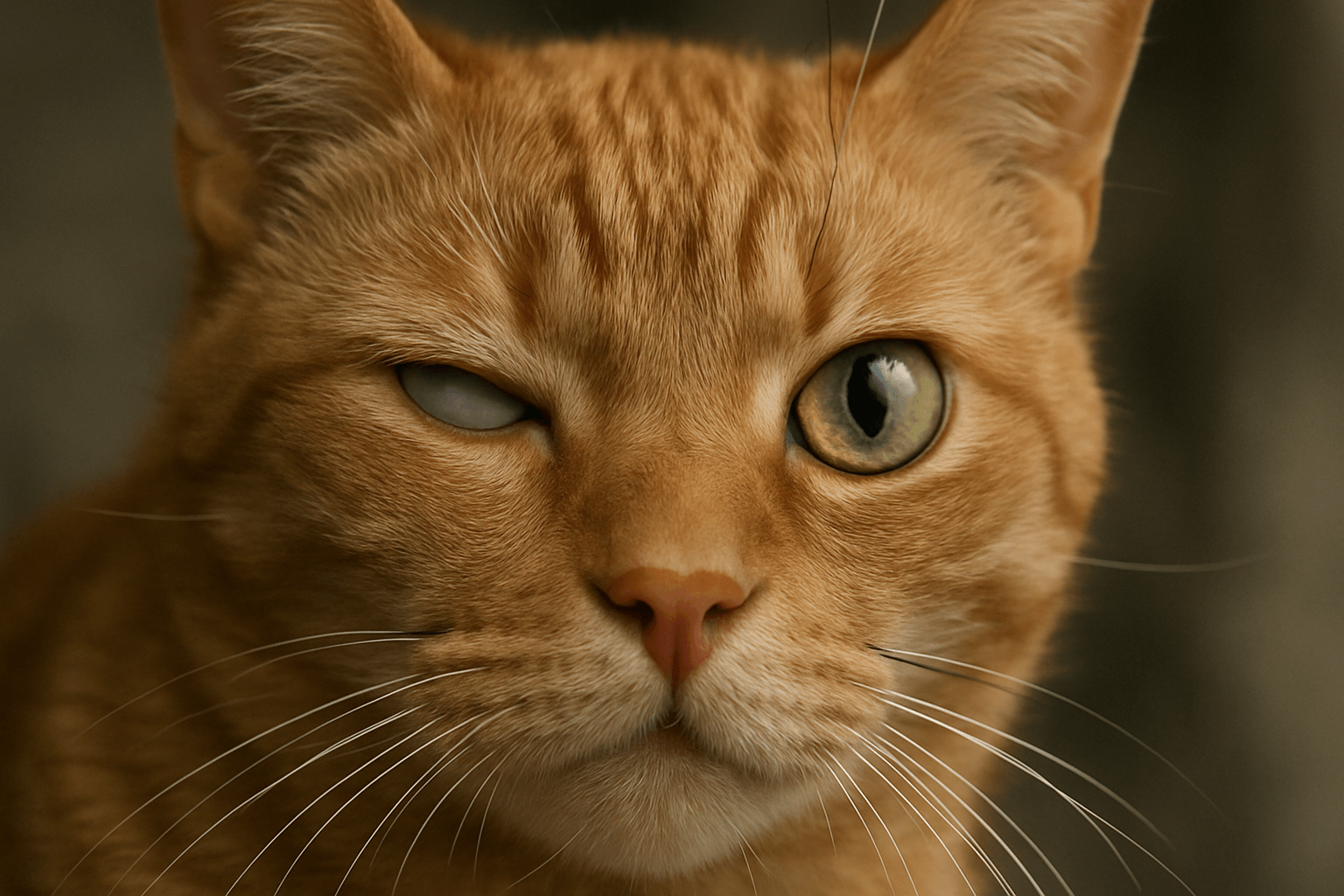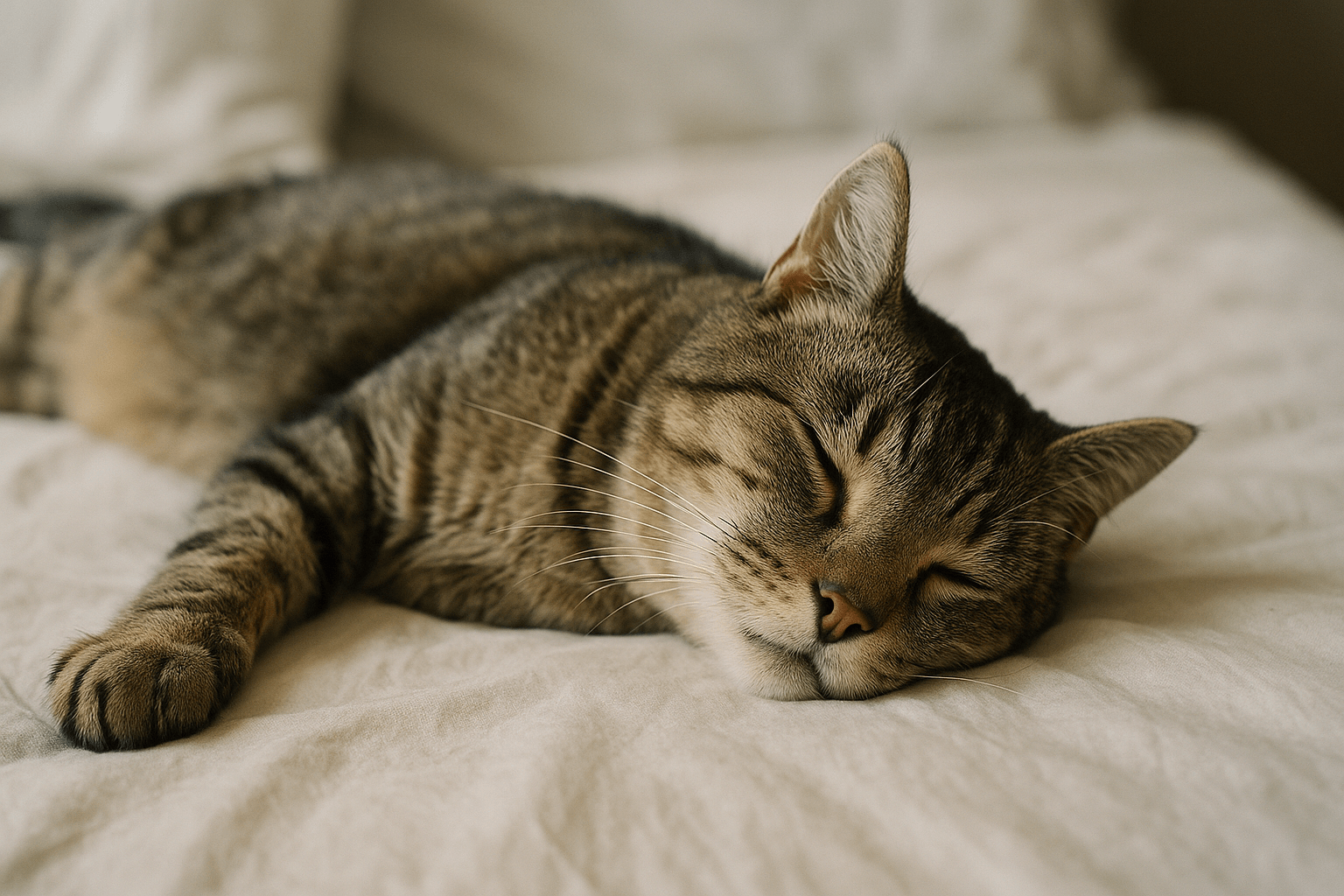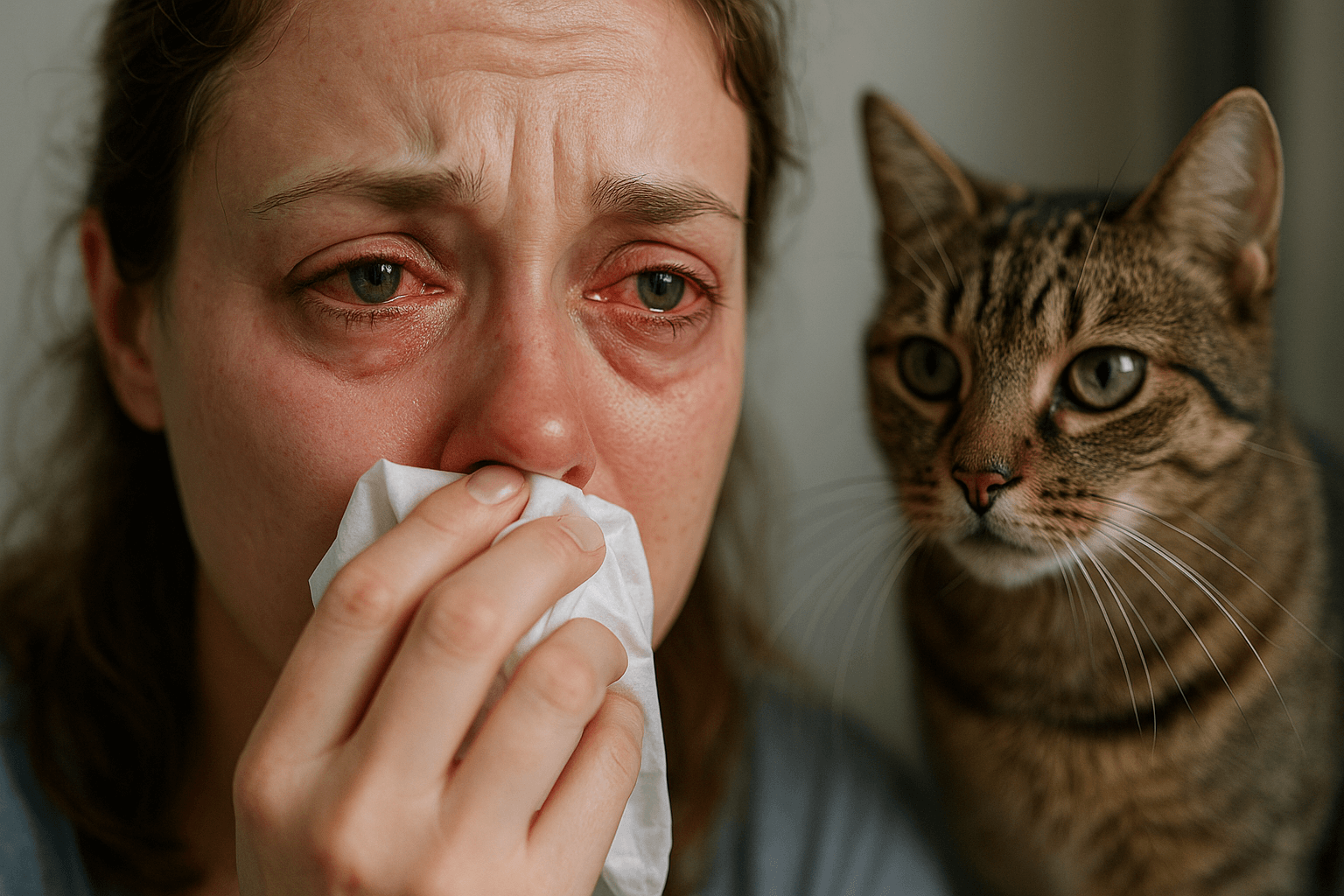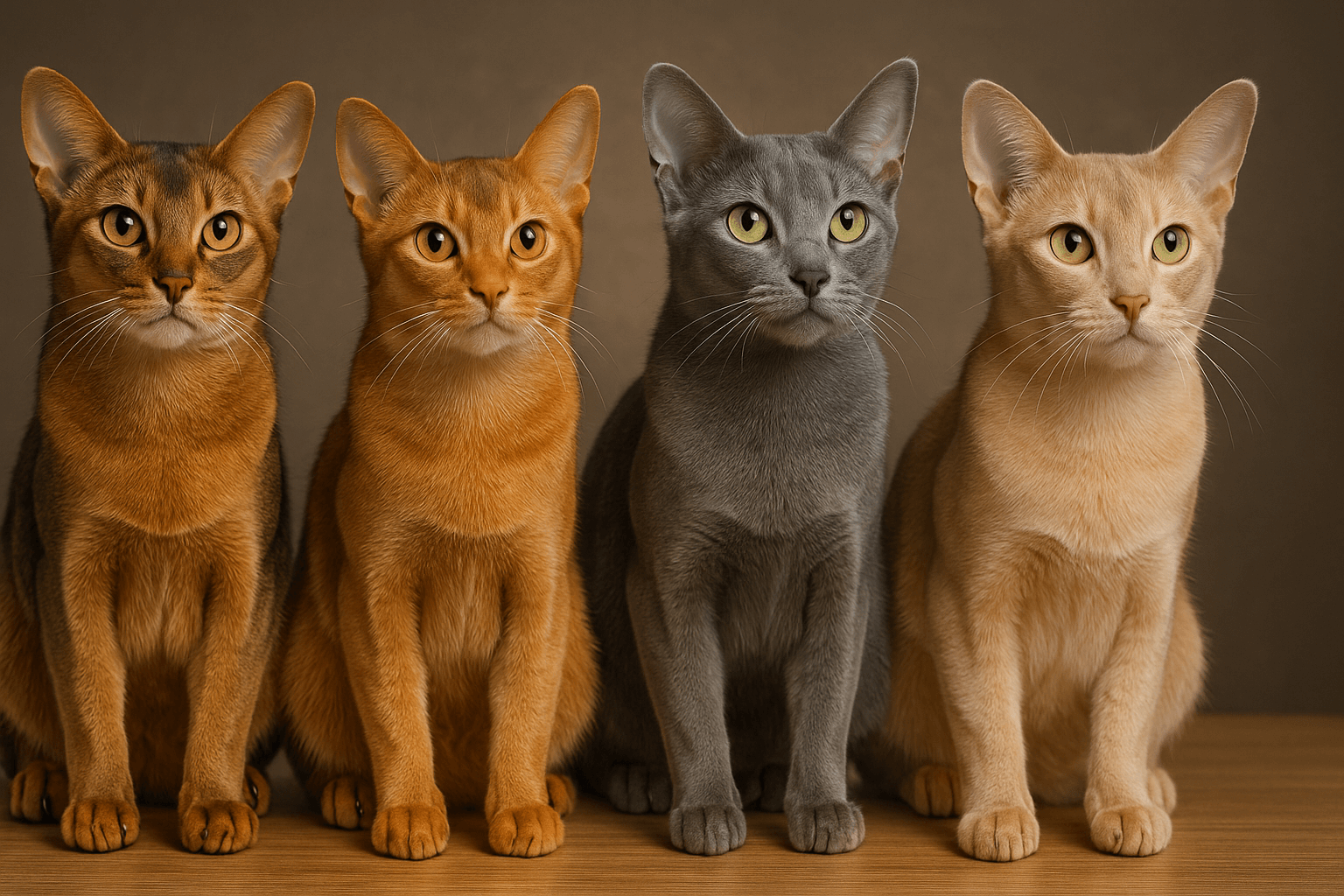Cat Bad Breath Causes: What You Need to Know
Bad breath in cats, also known as halitosis, is more than just an unpleasant odor—it can be a sign of underlying health issues. While occasional bad breath might not raise immediate concerns, persistent or strong odors often indicate problems that require attention. Understanding the potential causes of cat bad breath is crucial for ensuring your feline friend stays healthy and comfortable. From dental hygiene to systemic conditions, this blog post explores everything you need to know about identifying, preventing, and addressing bad breath in cats.
Common Causes of Cat Bad Breath
Several factors can contribute to bad breath in cats. Identifying the root cause is essential for determining the appropriate treatment and care. Here are some of the most common culprits behind this issue.
Poor Dental Hygiene:
Plaque and tartar buildup on your cat’s teeth can lead to gum disease and foul-smelling breath. Regular brushing helps prevent this problem.Dietary Habits:
Certain foods, especially those containing fish or strong-smelling ingredients, can temporarily affect your cat’s breath.Oral Infections:
Bacterial or viral infections in the mouth can produce a strong, unpleasant odor and may require veterinary intervention.Foreign Objects:
Small objects like pieces of food, hair, or toys stuck between your cat’s teeth can cause irritation and bad breath.Kidney Disease:
Cats with kidney issues often have breath that smells like ammonia due to waste products building up in their bloodstream.
By addressing these causes promptly, you can help keep your cat’s breath fresh and their overall health in check.
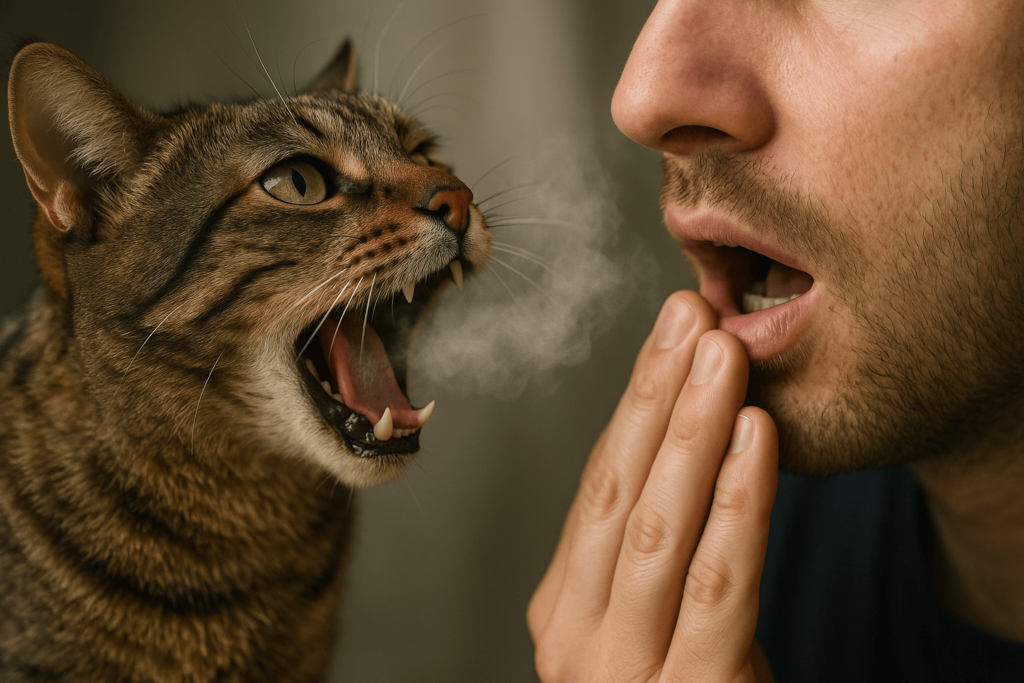
Signs That Your Cat’s Bad Breath Requires Veterinary Attention
While mild bad breath might not always signal a serious issue, certain symptoms indicate the need for professional evaluation. Recognizing these warning signs ensures timely treatment and peace of mind.
Persistent Foul Odor:
If your cat’s bad breath doesn’t improve despite regular oral care, it could point to an underlying condition requiring medical attention.Difficulty Eating or Drooling:
Pain while eating or excessive drooling may suggest dental disease or oral injury.Swollen or Bleeding Gums:
Red, inflamed gums or visible bleeding are signs of gingivitis or periodontal disease.Weight Loss or Lethargy:
These symptoms, combined with bad breath, could indicate systemic issues such as diabetes or kidney failure.Behavioral Changes:
If your cat seems unusually irritable or avoids being touched near their mouth, it may signal discomfort or pain.
Understanding these red flags helps you take proactive steps to protect your cat’s health and well-being.
Check this guide 👉Why Does My Cat Breathe Loud? Best 7 Health Tips!
Check this guide 👉Understanding Cat Breathing Fast: Best 7 Expert Tips!
Check this guide 👉Why Does My Cat Smell My Breath? Best 7 Expert Tips!
Preventive Measures for Cat Bad Breath | Possible Treatments for Bad Breath |
|---|---|
Brush your cat’s teeth regularly | Professional dental cleaning by a vet |
Provide dental-friendly treats or toys | Antibiotics for oral infections |
Feed a balanced, high-quality diet | Removal of foreign objects from the mouth |
Schedule annual vet check-ups | Treatment for systemic diseases (e.g., kidney issues) |
Encourage chewing with safe chew toys | Prescription diets for dental health |
How to Improve Your Cat’s Oral Health at Home
Maintaining your cat’s oral hygiene is key to preventing bad breath and related health issues. These simple practices can make a big difference in keeping their teeth and gums healthy.
Introduce Regular Brushing:
Use a cat-specific toothbrush and enzymatic toothpaste to gently clean their teeth several times a week.Offer Dental Chews or Toys:
Specially designed chews and toys help reduce plaque and tartar buildup while entertaining your cat.Monitor Their Diet:
Avoid feeding your cat excessive amounts of wet food, which can cling to their teeth and promote bacterial growth.Inspect Their Mouth Regularly:
Check for signs of redness, swelling, or unusual odors during routine grooming sessions.Encourage Water Consumption:
Staying hydrated helps flush out bacteria and supports overall oral health. Consider a cat water fountain to encourage drinking.
By incorporating these habits into your routine, you can significantly reduce the risk of bad breath and related complications.
The Role of Diet in Managing Cat Bad Breath
What your cat eats plays a significant role in their oral health and breath quality. A well-balanced diet can help minimize bad breath and support long-term wellness.
High-Quality Protein Sources:
Diets rich in animal-based proteins provide essential nutrients that promote healthy teeth and gums.Limited Carbohydrates:
Excessive carbs can contribute to plaque buildup, so opt for grain-free or low-carb options when possible.Wet vs. Dry Food:
While dry kibble can help scrape away debris, wet food provides hydration benefits—finding a balance works best.Specialized Dental Diets:
Some brands offer formulas specifically designed to reduce plaque and tartar formation.Avoid Table Scraps:
Human foods, especially those high in sugar or fat, can harm your cat’s oral health and worsen bad breath.
A thoughtful approach to nutrition ensures your cat enjoys fresh breath and optimal health.
Preventing Dental Disease in Cats
Preventing dental disease is one of the most effective ways to combat bad breath in cats. These strategies help safeguard their oral health and reduce the risk of complications.
Schedule Routine Vet Visits:
Annual dental exams allow your vet to catch potential issues before they escalate.Use Dental Additives in Water:
Products designed to mix with drinking water can help reduce plaque and freshen breath.Limit Sugary Treats:
Sugary snacks contribute to tooth decay and bad breath. Opt for healthier alternatives instead.Encourage Natural Chewing Behaviors:
Provide safe items like rawhide-free chews or rubber toys to stimulate natural cleaning actions.Stay Consistent with Care:
Building a consistent routine ensures your cat’s oral health remains a priority over time.
Proactive prevention minimizes the chances of dental disease and keeps your cat’s breath fresh.
How Stress Can Impact Cat Bad Breath
Stress and anxiety can indirectly contribute to bad breath in cats by affecting their behavior and overall health. Addressing these factors promotes both mental and physical well-being.
Changes in Eating Habits:
Stressed cats may eat less or avoid chewing properly, leading to food particles lingering in their mouths.Excessive Grooming:
Over-grooming can introduce hair and debris into their mouths, worsening breath odor.Immune System Suppression:
Chronic stress weakens the immune system, making cats more prone to infections that cause bad breath.Environmental Adjustments:
Creating a calm, predictable environment reduces stress-related behaviors that impact oral health.Consult Your Vet:
If stress persists, consult your veterinarian for advice on calming supplements or behavioral therapies.
Managing stress improves your cat’s overall health and helps combat bad breath naturally.
When to Consider Professional Dental Cleaning
In some cases, professional dental cleaning becomes necessary to address severe bad breath or advanced dental issues. Knowing when to seek this service ensures your cat receives the care they need.
Visible Tartar Buildup:
Thick layers of tartar cannot be removed at home and require professional scaling.Severe Gum Disease:
Advanced gingivitis or periodontal disease often needs expert treatment to prevent tooth loss.Unresolved Bad Breath:
If home remedies fail to eliminate bad breath, a vet visit is essential to rule out serious conditions.Anesthesia Risks Explained:
Modern veterinary practices minimize risks associated with anesthesia during dental procedures.Post-Cleaning Care Tips:
Follow your vet’s instructions for maintaining oral health after a professional cleaning to maximize results.
Professional cleanings restore your cat’s oral health and provide a fresh start for ongoing care.
Frequently Asked Questions About Cat Bad Breath
Why does my cat’s breath smell like fish?
Fish-based foods or treats can temporarily affect breath odor, but persistent smells may indicate digestive issues.
Can I use human toothpaste on my cat?
No, human toothpaste contains ingredients toxic to cats. Always use pet-safe alternatives.
How often should I brush my cat’s teeth?
Aim for 2-3 times per week to maintain good oral hygiene and prevent plaque buildup.
Is bad breath normal in older cats?
While mild odors may occur, strong or persistent bad breath in senior cats often signals underlying health problems.
What if my cat resists having their teeth brushed?
Start slowly, using treats and positive reinforcement to build trust over time.
Taking Action Against Cat Bad Breath
Bad breath in cats is more than just an inconvenience—it’s often a sign of deeper health issues that require attention. By understanding its causes, recognizing warning signs, and implementing preventive measures, you can ensure your cat enjoys fresh breath and a happy, healthy life. Whether through regular dental care, dietary adjustments, or professional veterinary support, taking action early makes all the difference. Remember, your cat’s oral health reflects their overall well-being, so don’t hesitate to prioritize it today.
Why Is My Cats Second Eyelid Showing? Best 7 Expert Tips! Understand causes, health signs, and how to respond when your cat’s third eyelid becomes visible.
How Do I Know If My Cat Died Peacefully? Best 7 Expert Tips! Discover the quiet signs of a peaceful feline passing and find comfort in their final moments.
Cat Allergy Eyes: Best 7 Expert Tips! Discover why your eyes react to cats and learn proven strategies for relief—without giving up your feline friend.
Why Do Abyssinian Cat Colors Matter? Best 7 Expert Tips! Discover the genetics, rare hues, and care secrets behind Abyssinian coat colors for a healthier, happier cat.

